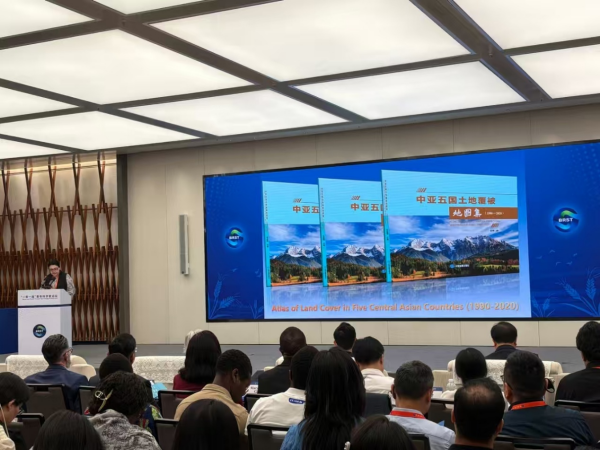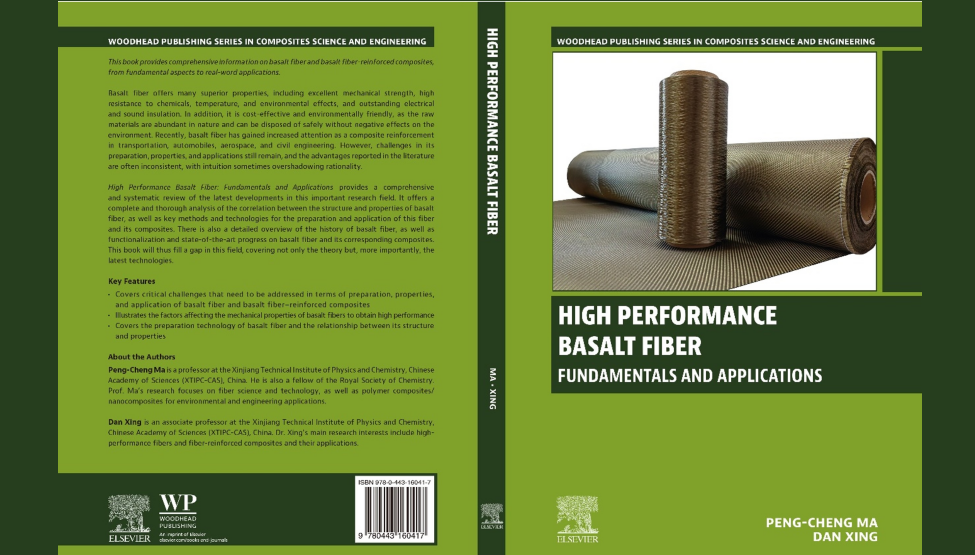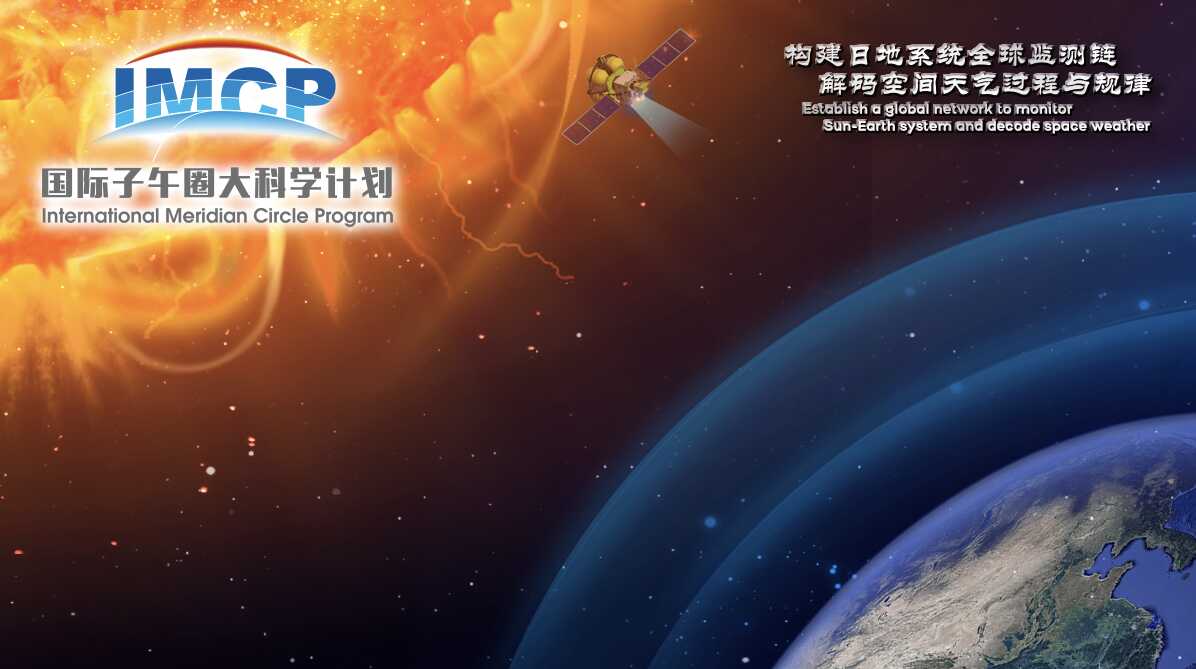

On June 11, researchers from the Xinjiang Institute of Ecology and Geography (XIEG) of the Chinese Academy of Sciences unveiled the Land Cover Atlas of Five Central Asian Countries (1990–2020) at the second Belt and Road Conference on Science and Technology Exchange. This atlas is the first bilingual (Chinese and Russian) professional land cover atlas for Central Asia, compiled by Chinese researchers.

Scientists at the Xinjiang Technical Institute of Physics & Chemistry (XTIPC) of the Chinese Academy of Sciences have recently released High Performance Basalt Fiber: Fundamentals and Applications, the first English-language book dedicated to basalt fiber research. Published by Woodhead Publishing, an imprint of Elsevier, this book represents a significant milestone in the field of basalt fiber.
The Chinese Academy of Sciences (CAS) has once again been recognized for its contributions to global scientific research, maintaining a leading position in the Nature Index 2025 Research Leaders rankings, released on June 11. This marks the 13th consecutive year that CAS has held a top position in the index.

The International Meridian Circle Program (IMCP), a major global science initiative, was formally launched with the signing of new cooperation agreements on June 12 during the Second Belt and Road Conference on Science and Technology Exchange. Five prominent international institutions joined the effort, signing agreements with the National Space Science Center (NSSC) of the Chinese Academy of Sciences (CAS), the program’s lead institute.
Prof. SUN Liangting, a researcher from the Institute of Modern Physics (IMP) of the Chinese Academy of Sciences, was awarded the Nishikawa Tetsuji Prize at the 16th International Particle Accelerator Conference (IPAC) held in Taiwan on June 5.

The International Centre on Space Technologies for Natural and Cultural Heritage (HIST) is set to embark on its third operational phase (2025–2033) following the signing of a pivotal agreement. This landmark accord was formalized by the Chinese Academy of Sciences (CAS), representing the Chinese government, alongside the United Nations Educational, Scientific and Cultural Organization (UNESCO) and HIST itself.

86-10-68597521 (day)
86-10-68597289 (night)

52 Sanlihe Rd., Xicheng District,
Beijing, China (100864)

